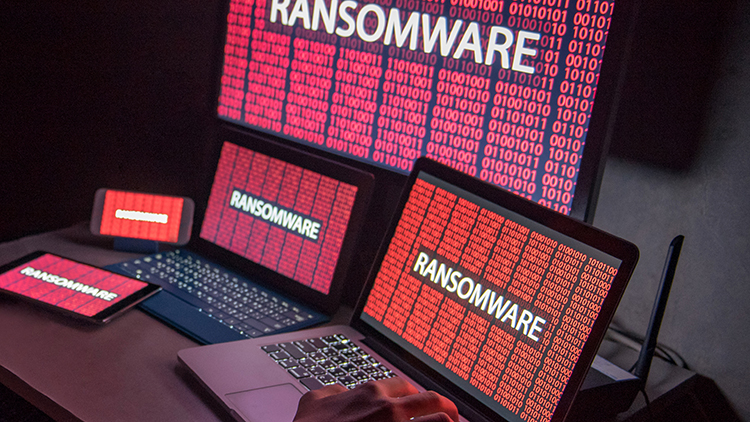
Imagine that you are doing some work or playing a game on your computer, and it stops working. Then you get a message from someone who says that they will make your computer work again, but only if you pay them to fix it. On a much larger scale, this is how ransomware works. Computer hackers find a weak spot in a computer system to steal data or to lock files. The criminals will only give access to these systems if they are paid. The ransom is that payment.
Experts say that, over the past few years, companies have paid a lot more money to hackers than they have in the past. Companies such as Colonial Pipeline, JBS (the world’s largest meatpacker), and the Washington, D.C., Metropolitan Police Department have all recently been the victims of cyber-attacks. What problems do these cyber attacks cause? They create shortages of important materials, increase the cost of goods and services, and cost companies money when they pay the ransom.
During the COVID-19 pandemic, more hackers have attacked healthcare systems, too. In 2020, over 600 hospitals, clinics, and other healthcare organizations were attacked for ransomware 92 times.
How can you avoid ransomware? Be sure your computer system is up-to-date. Don’t open email from people that you don’t know, and don’t install software unless you know exactly what it does. Back up your files, too. Even though that might not prevent a ransomware attack, you’ll have your files in case one occurs.
What Do You Think? A friend asks you, “How does ransomware work?” What will you say? Why do you think ransomware is such a big problem?
Photo Credit: Zephyr_p/Shutterstock



